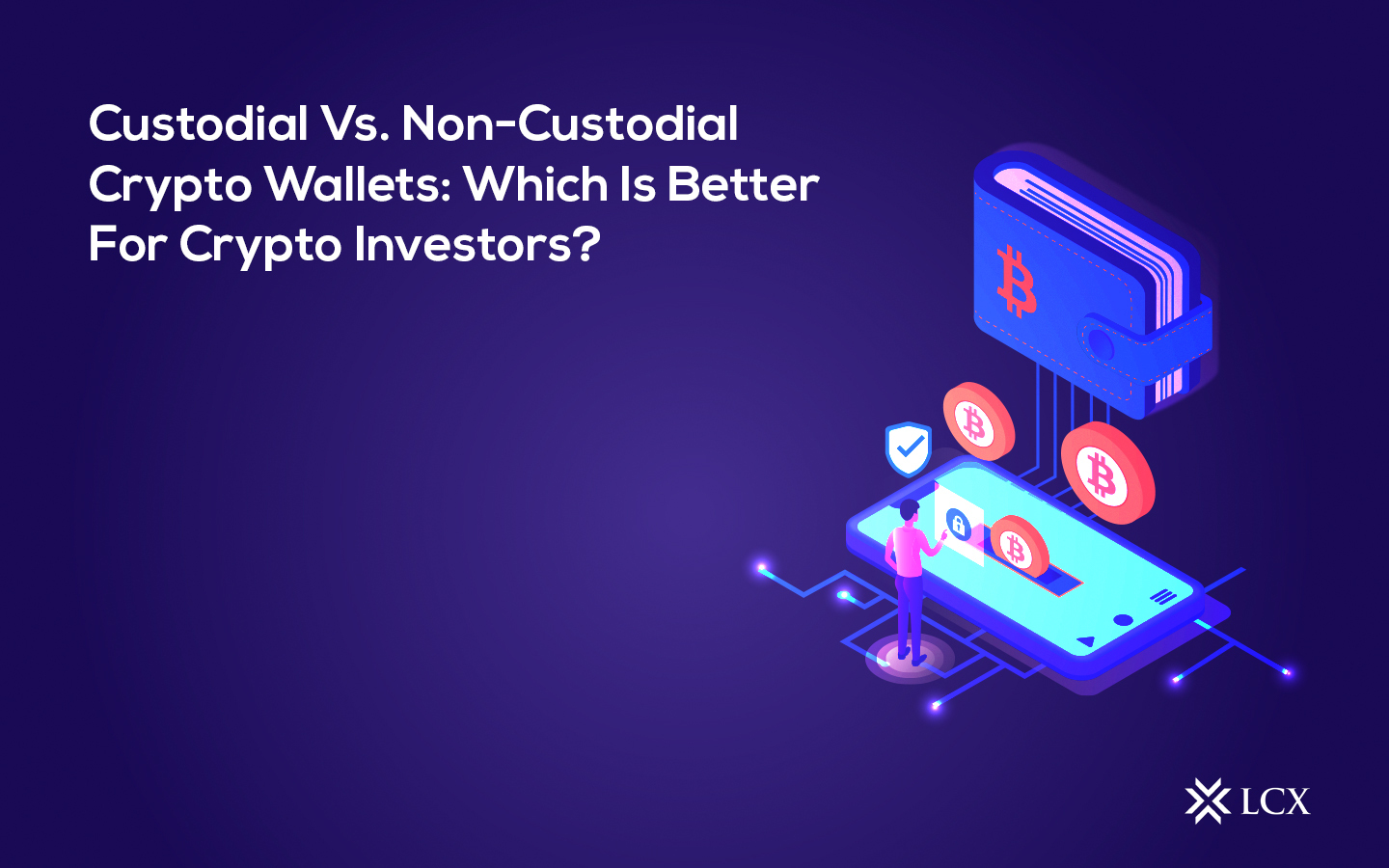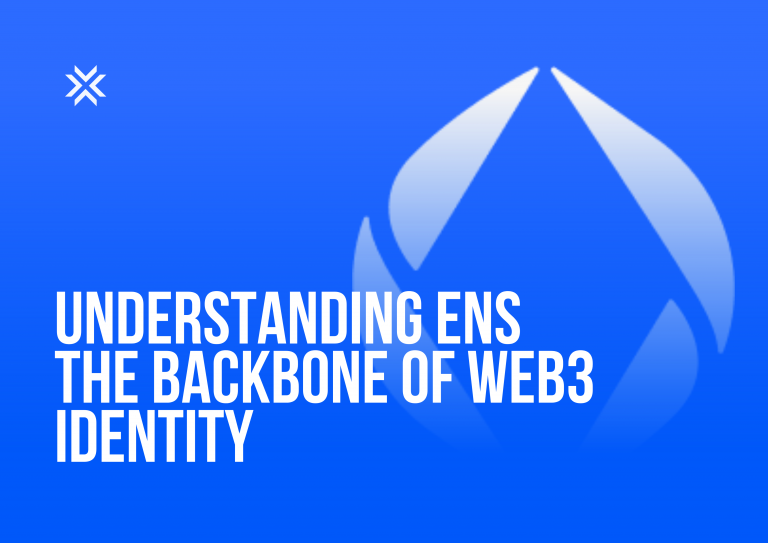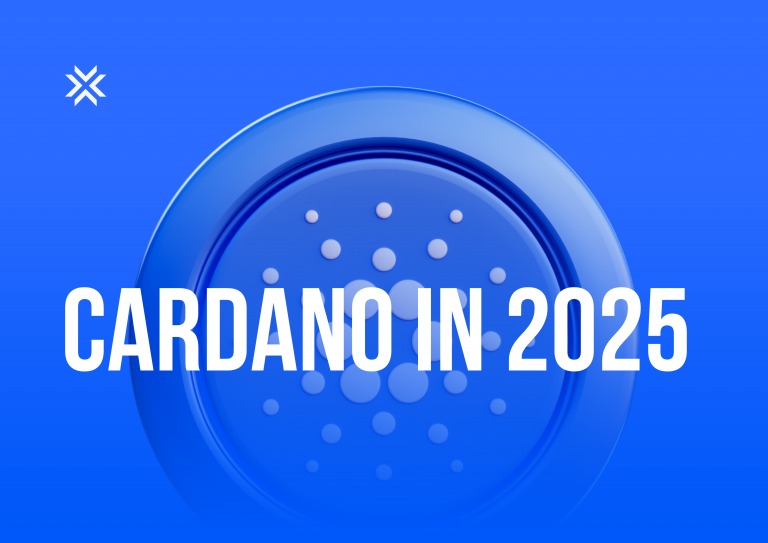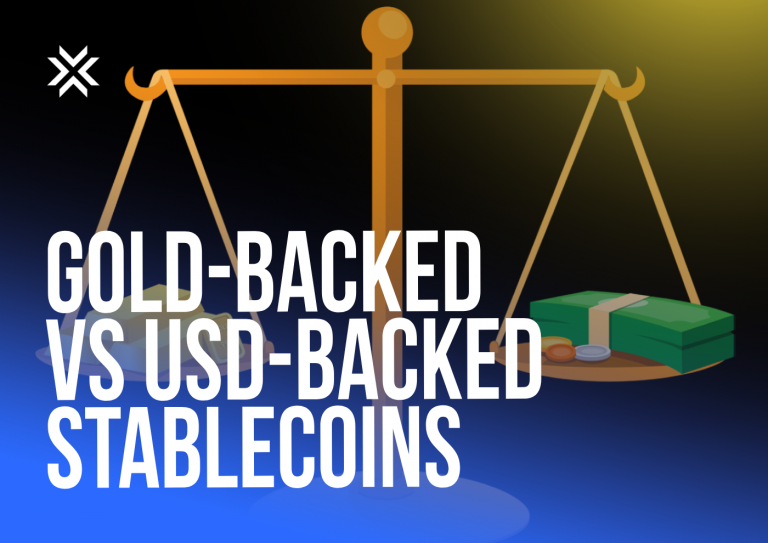Bitcoin, Blockchain NFTs, Ethereum, Metaverse, ICOs – these terms sound fascinating, don’t they? In the media, online forums, and possibly even in your dinnertime conversation, cryptocurrencies (and their corresponding jargon) have caused quite a stir. The first cryptocurrency, Bitcoin, was launched in 2009, more than a decade ago. Since then, the cryptocurrency market has grown in popularity due to its ability to generate quick profits for many investors, despite the high risks. A steady evolution of the digital landscape and significant price spikes have helped cryptocurrencies gain significant popularity among investors and everyday users in recent times. Despite the potential rewards of cryptocurrency investing, it must be noted that thorough research is a must.
New investors are often puzzled about how and where to start. If you’re thinking of investing in cryptocurrencies, you’ll need to set up your crypto wallet before deciding which currencies to invest in. Every cryptocurrency holder uses a wallet. This is, of course, the most common application. It is where you’ll organize your cryptocurrency portfolio. Each wallet comes with a private key that only you access. Choosing the right wallet to store securely, send, and receive cryptocurrencies is essential.
Many wallets are available for those seeking to quench their need to store cryptocurrency. Before picking one, however, one should understand the different types of wallets. There are two types of cryptocurrency wallets: custodial wallets and non-custodial wallets.
Now comes the hard part, choosing between a custodial and non-custodial wallet. Before we move on to how to choose the right wallet for you, let’s first define what custody and non-custodial wallets are.
Custodial Wallet: Your Funds, Our Responsibility
A Custodial Wallet is like a digital safe that keeps your funds safe, but the key belongs to someone else for security. A third party secures your funds and returns them if you trade or send them elsewhere. It is often a cryptocurrency exchange that holds your funds as custodial, which lessens individual responsibility and requires trust. This means a central authority is ultimately responsible for the security of the user’s assets. The wallet stores the customer’s private key and many other data points on their behalf.
Non Custodial Wallet: Your Keys, Your Responsibility
Non-custodial wallets are like digital safes whose keys are known only to the owner. Using a non-custodial wallet means that you are the sole controller of your private keys, which in turn control your cryptocurrency and proof of ownership. Non-custodial wallets do not require you to trust a third party. However, you are responsible for ensuring that you do not lose your keys and take precautions to protect your funds.
When setting up a non-custodial wallet, you will be given a mnemonic phrase of 12 to 24 words, which you should record and store somewhere secure. Remember, if you lose your seed phrase, you’ll probably lose access to your funds stored in your non-custodial wallet, there’s no way back!
Custodial Vs Non-Custodial
The choice between a custodial and a non-custodial wallet depends on how you wish to secure your cryptocurrency. A custodial wallet may be the right option if you are new to crypto trading since it protects your assets while you gain some experience. Unlike a custodial provider, a non-custodial provider offers more control over your crypto and lets you follow the “not your key, not your coin” principle.
Non-custodial wallets offer users the ability to transact permissionless. Users can download the app and start using it immediately without waiting for approval. Additionally, only you have access to the funds. Therefore, it is nearly impossible for anyone to prevent you from using your funds. As power grows, so does responsibility! Managing your wallet carefully is important since you are the only one with access to your funds.
Custodial wallets are often preferred because they require less responsibility and are usually more convenient. Taking inadequate precautions with a non-custodial wallet could result in financial ruin. However, when you use a custodial wallet, if you forget your exchange account password, you can reset it. To protect your digital assets within your crypto wallet, ensure that you follow the exchange’s recommended security measures.
What are the risks associated with non-custodial cryptocurrency wallets?
The risks associated with non-custodial wallets are way too daunting, as keys lost equal money lost. There is no way to recover your funds stored in your non-custodial wallet if you forget the password and lose the private key or seed phrase to unlock your wallet. Your responsibilities increase when you have a noncustodial wallet on your mobile device or laptop. Your responsibility is to store and keep the key in a safe place. A robbery of your key, if it is kept in a physical wallet, will cause major losses.
Another disadvantage of non-custodial wallets is their UI. The User Interfaces are presented in a complicated manner, making them completely unsuitable for beginners.
Final Thoughts
The decision between using a custodial and non-custodial wallet is crucial and depends on your key priorities. Both of these wallets have their respective pros and cons. Irrespective of your choice, you should always follow best security practices.









